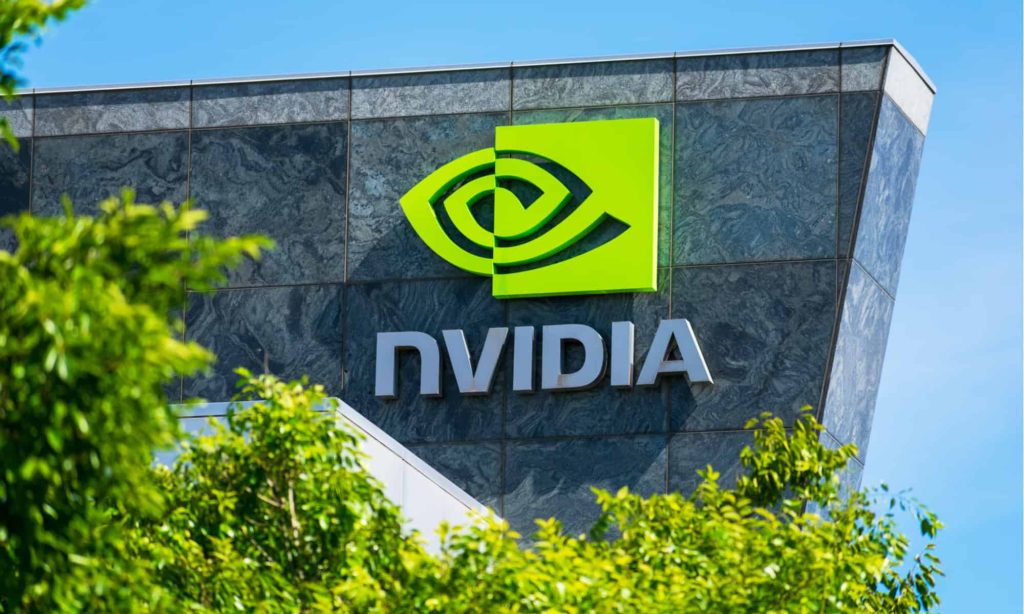French antitrust regulators are looking at Nvidia for possible anti-competitive behaviors in the GPU and artificial intelligence areas. Focusing on its CUDA software and major investments in AI-driven cloud services, the French authorities are ready to charge the business. Should it be proven guilty, Nvidia may be required to pay significant fines commensurate with about 10% of its worldwide yearly income.
Investigations on Nvidia’s behavior by French authorities, particularly on its CUDA software, which is extensively used in building artificial intelligence applications, have resulted from the case putting it against European regulators who desire fair competition within fast-changing tech industries.
There are doubts regarding possible monopolistic behavior and worries about the possible stifling of innovation and competitiveness resulting from Nvidia’s dominance in this industry. Given their capacity to further solidify Nvidia’s dominance in the AI sector, the company’s recent investments in AI-oriented cloud services have also drawn regulatory interest.
Beginning with searches in the graphics card industry, French antitrust officials have ramped up their probe into the corporation. Originally aiming to find proof of anti-competitive behavior, the phase now covers its cloud computing operations. CUDA’s importance in many artificial intelligence applications drives the company’s emphasis on its program since it provides a significant commercial advantage. Authorities are looking at whether this benefit unfairly restricts rivals’ capacity for innovation and successful competition.
Should the corporation be found guilty of engaging in anti-competitive behavior, it might pay large fines and have to change its operations. In the domains of artificial intelligence and cloud computing, this could influence its orientation and approach. Emphasizing the need to follow antitrust laws to encourage healthy competition, the research also serves as a warning story for other digital companies.
NVidia’s response to these accusations will determine its course moving forward as well. This scenario emphasizes more general issues about regulatory control in the IT sector, therefore stressing the need for balanced control that supports innovation while reducing monopolistic activities.
You can also freely share your thoughts and comments about the topic in the comment section. Additionally, don’t forget to follow us on our Telegram, YouTube, and Twitter channels for the latest news and updates.


